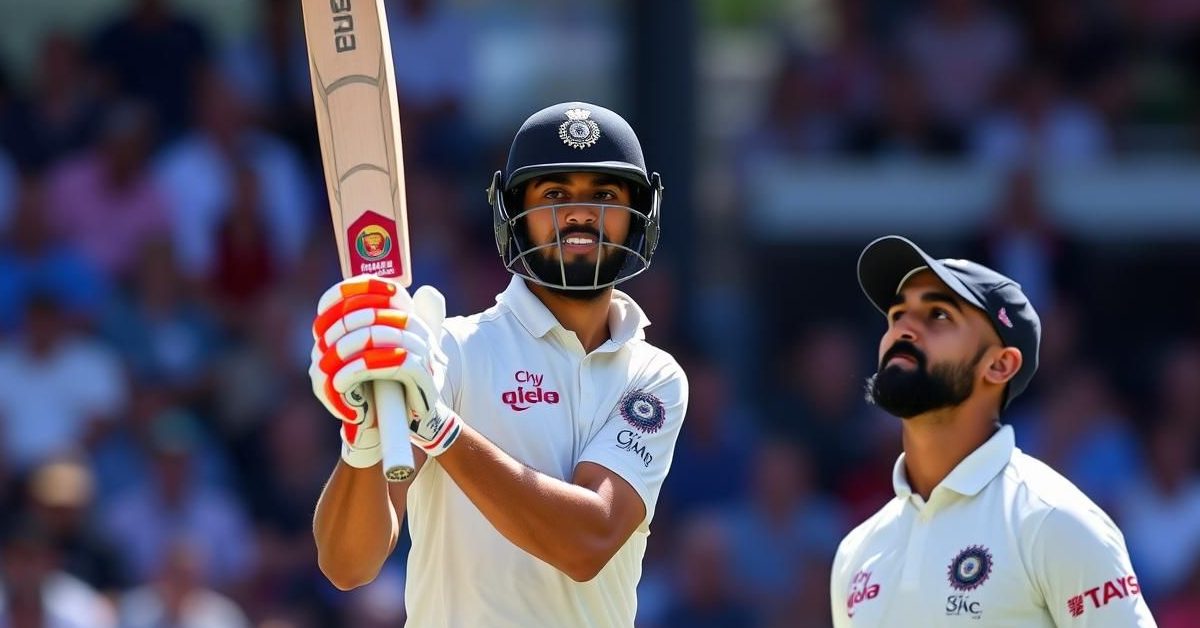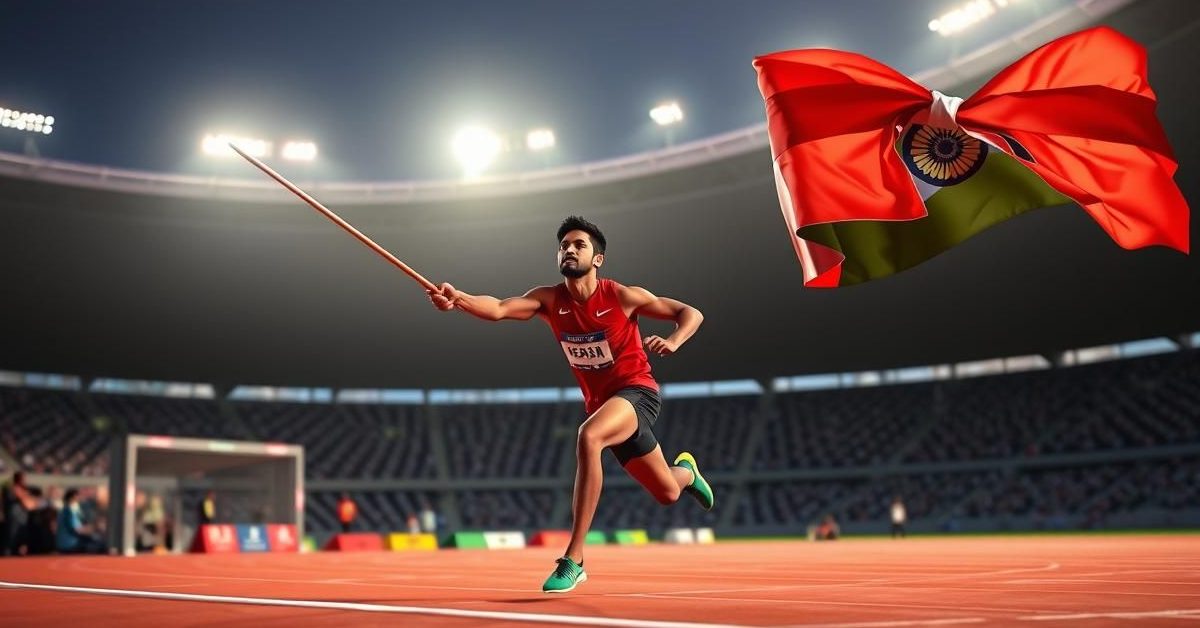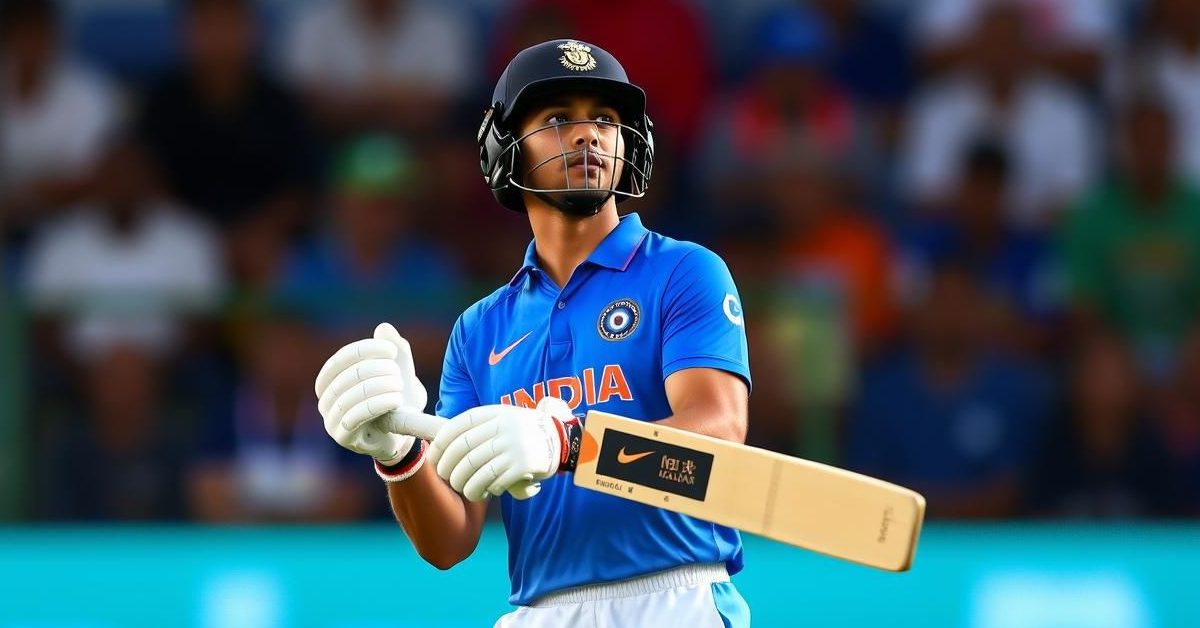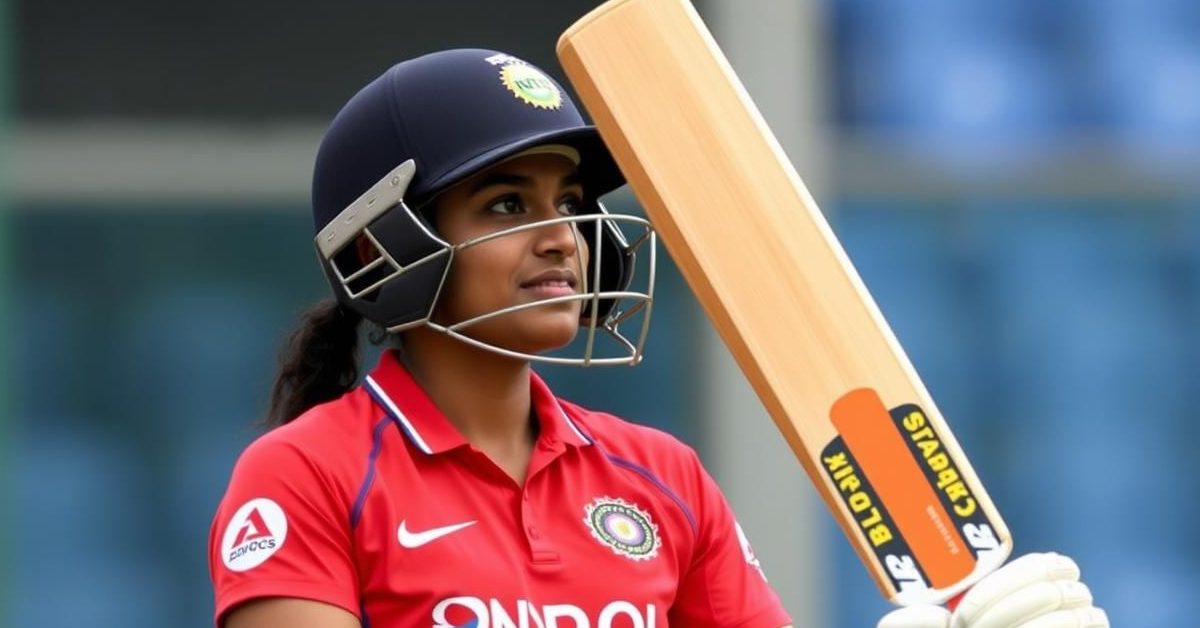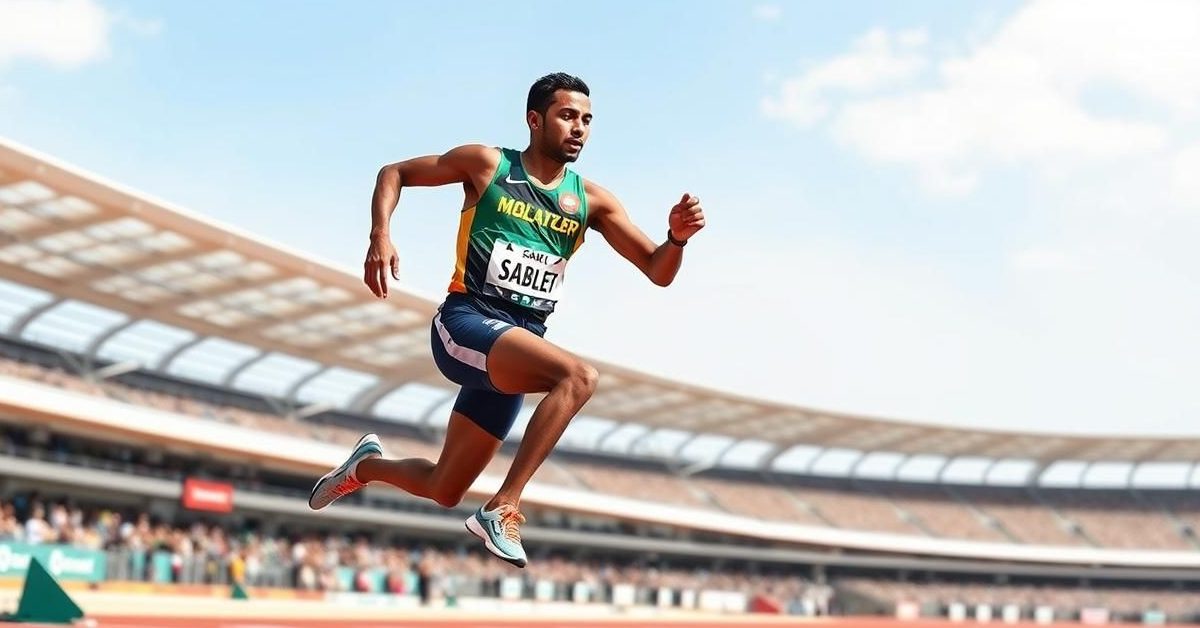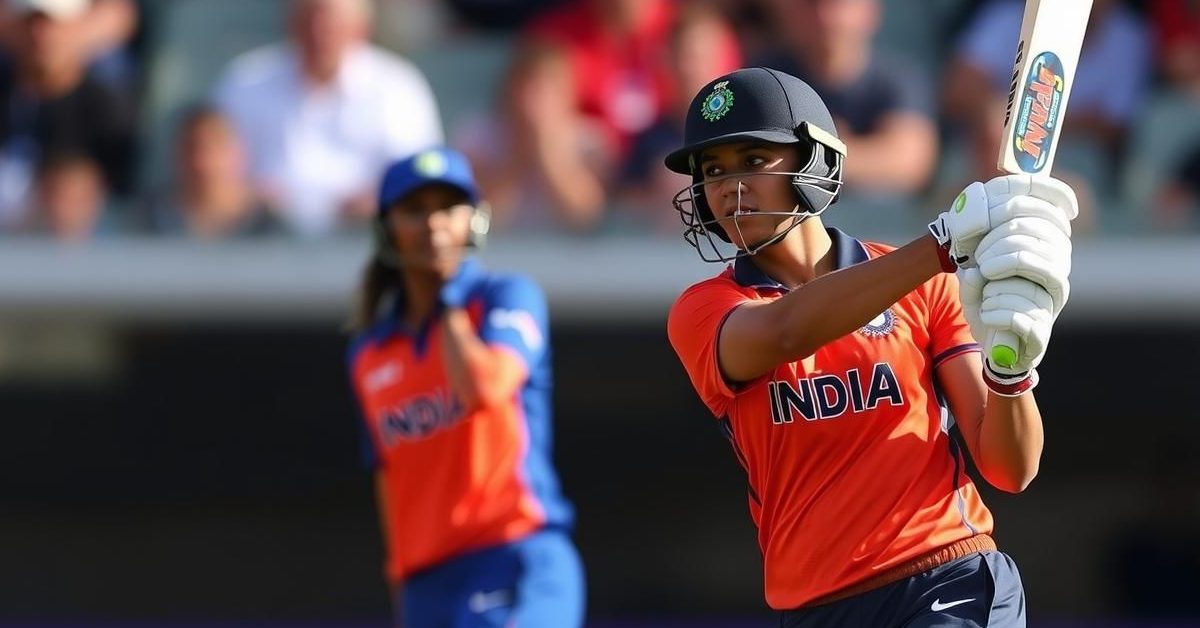Shubman Gill’s Captaincy Under Scrutiny After Headingley Defeat: Experts Weigh In
The cricketing world is buzzing following India’s surprising five-wicket defeat to England in the first Test at Headingley, a match where the visitors failed to defend a formidable target of 371 runs. At the heart of the post-match dissection lies the captaincy of young Indian skipper, Shubman Gill, whose leadership during this crucial encounter has drawn considerable commentary from seasoned observers.
David Lloyd Highlights ‘Reactive’ Leadership
Among the most pointed criticisms came from former England cricketer David Lloyd, affectionately known as “Bumble.” Speaking on the “Stick to Cricket” show, Lloyd characterized Gill’s approach as “reactive rather than proactive.” This distinction is critical in Test cricket, where proactive captaincy involves anticipating the opposition’s moves, setting attacking fields, and making bold bowling changes to seize momentum. A reactive stance, conversely, often implies responding to events as they unfold, potentially losing the initiative.
The Daunting Challenge at Leeds
The loss at Leeds was a tough pill to swallow for the Indian side, especially given their strong position. Ben Duckett’s magnificent century was instrumental in England’s successful chase, highlighting the pressure points in India’s bowling and fielding strategies. The spotlight now intensifies on Gill, an undeniably talented batter but still very much in the early stages of his leadership journey at the highest level.
Balancing Youthful Vision with Veteran Acumen
Lloyd also touched upon the composition of the Indian squad, noting the presence of seasoned campaigners like Ravindra Jadeja and Karun Nair, both in their thirties. While a youthful squad brings boundless energy, integrating the tactical wisdom of experienced players effectively falls squarely on the captain’s shoulders. The challenge for Shubman Gill is to harness this blend of youthful exuberance and veteran savvy to forge a cohesive, tactically astute unit.
Alastair Cook Draws Ben Stokes Parallel
Adding another layer to the discussion, former England captain Alastair Cook offered a perspective rooted in his own experiences and those of current England leader Ben Stokes. Cook suggested that any team undergoes an adjustment period when a new captain takes the helm. He cited Stokes’ initial days, where the “Bazball” philosophy required a significant mindset shift among the players. This comparison implies that the Indian team might be navigating a similar phase of adaptation under Gill’s fresh leadership, learning to interpret and execute his vision.
‘Too Many Captains’ on the Field – A Concerning Sign
Perhaps the most startling observation came from former India spinner Murali Kartik. He pinpointed a perceived lack of singular direction on the field during Day 5 of the Headingley Test. Kartik specifically noted that senior players like KL Rahul and Rishabh Pant appeared to be issuing instructions alongside Gill, creating a confusing spectacle.
“At one point I felt there were too many captains,” Kartik expressed on Cricbuzz. He elaborated on the “multiple hand signals” from various players, stressing that while minor positional adjustments by senior players are normal, a flurry of frequent, conflicting calls can be detrimental. “You wouldn’t want to complicate things. There is only one captain,” he asserted, underscoring the importance of a clear, unified voice on the field to avoid potential disarray and ensure strategic clarity.
The Road Ahead for Shubman Gill and Team India
The insights from Lloyd, Cook, and Kartik paint a picture of a young captain undergoing a rigorous “baptism by fire” in a high-stakes series. The critiques, while sharp, also offer valuable learning opportunities. As the five-match series progresses, all eyes will be on Shubman Gill to see how he absorbs these lessons, adapts his leadership style, and steers Team India through the remaining encounters against a resurgent England side. The true test of a leader lies not just in victory, but in how they respond to adversity and learn from their initial challenges.
